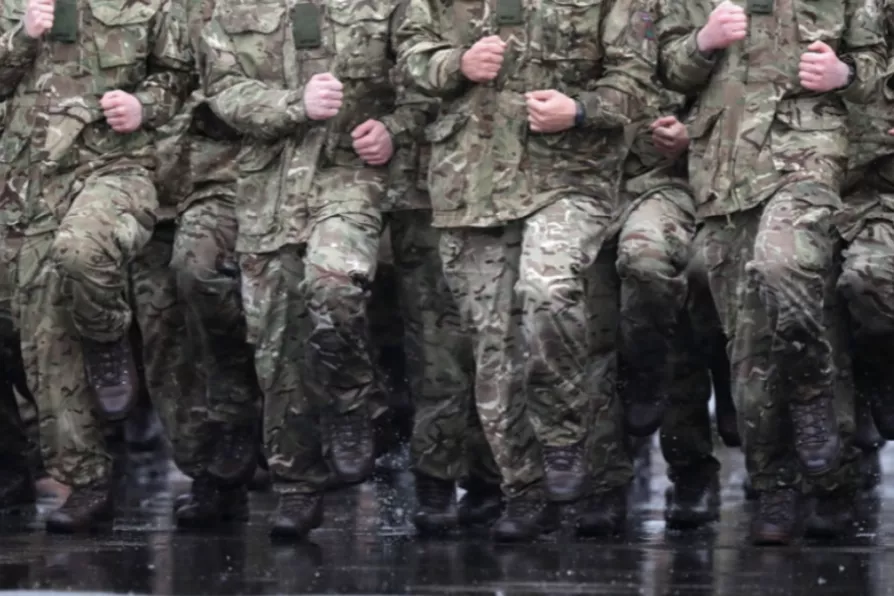Eighty-one years after the liberation of Auschwitz, the threat of far-right extremism is resurging – the lessons of history demand unity, organisation and resistance, argues SABBY DHALU


THERE is an underbelly of sexual abuse in this society. It happens in schools, coaching environments, the church — you name it. The armed forces, too, are a playground for sadistic abusers.
Two-thirds of women in the army have experienced bullying, harassment or sexual abuse during their time in the forces, and 10 per cent of female child recruits are now sexually assaulted by their colleagues. According to anecdotal evidence, those proportions are similar for boys.
It’s the dirty little secret that everybody in those institutions knows about. Of course, they don’t want to admit it, so lawsuits take place behind the scenes, compensation deals are made, and the public never hears about it.

MATT KERR charts his bike-riding odyssey in aid of the Royal Marsden charity and CWU Humanitarian Aid

It’s tiring always being viewed as the ‘wrong sort of woman,’ writes JENNA, a woman who has exited the sex industry

A new front in the fight for football’s soul is emerging — one rooted in trade union values and collective power











